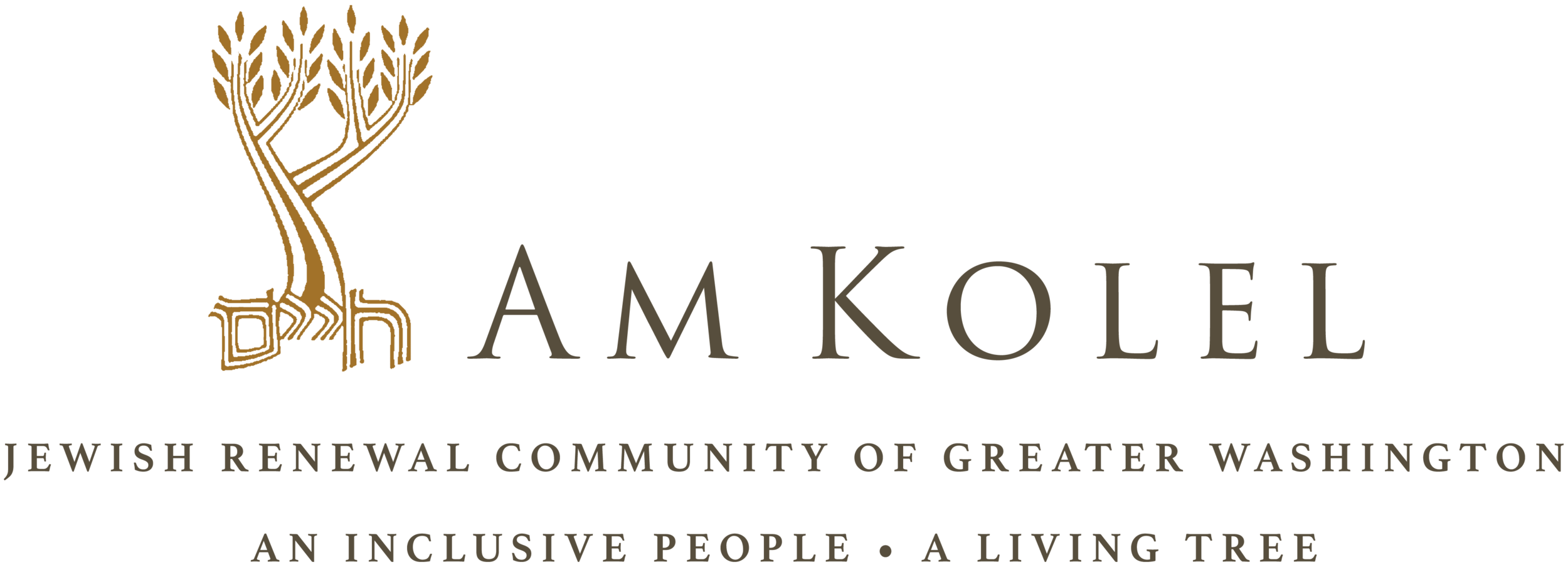The first several verses of Parsha Tazria describe a healing process for women postpartum. How does this fit into the narrative of Leviticus?
The first several verses of Parsha Tazria describe a healing process for women postpartum. How does this fit into the narrative of Leviticus?
Much of Leviticus, until now, describes in great detail the use of animal offerings to cleanse the soul, to pray for peace and express gratitude for life. Last week's Parsha gives us a dietary code that lays out what animals to eat or not eat. The underlying ethical principles about the animals we consume are intimately connected to the development of our own moral consciousness.
Now, for the first time, we learn of a woman, a mother after childbirth having a waiting period, a period of seclusion, followed by bringing offerings to the Kohen. There is a profound recognition in the Torah of a mother’s need to heal from the experience of childbirth, the physical pain, the emotional ups and downs, the awesomeness of creating life and making all the familial transitions. It is clear that societies that provide new mothers, and even new fathers, with leave, understand this.
Most of the Parsha deals with the dis-ease of Tzaraat, most often translated as leprosy. Again the underlying theme has to do with separation/seclusion as integral to the process of healing. With birthing the need is associated with the sacredness of creation. With Tzaraat it is tied to a failure of the blood to reach certain parts of the body. In Tzaraat, the skin's whiteness represents a place of death. But one might recover from that by isolating oneself, with time for reflection and personal transformation. This disease has been associated with Lashon HaRah, the abuse and misuse of language.
Do we see a parallel with the maladies in our world today due to LaShon HaRah? Has the isolation of these last two pandemic years helped us better realize a society, a world, based upon truthfulness?.
This Shabbat is Rosh Chodesh Nissan, the month of Spring, renewal and the affirmation of freedom.
May it be so, Keyn Y’hi Ratzon,
Reb David
